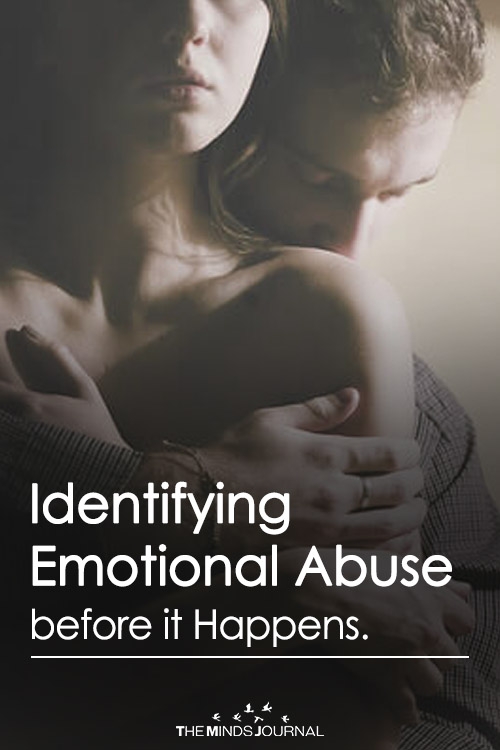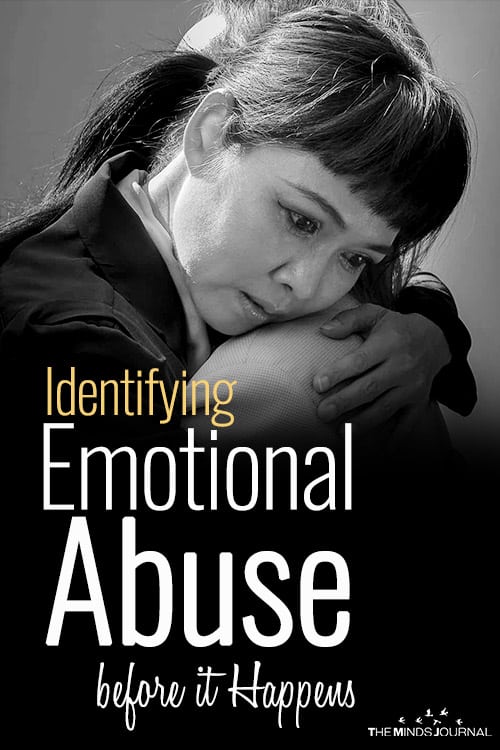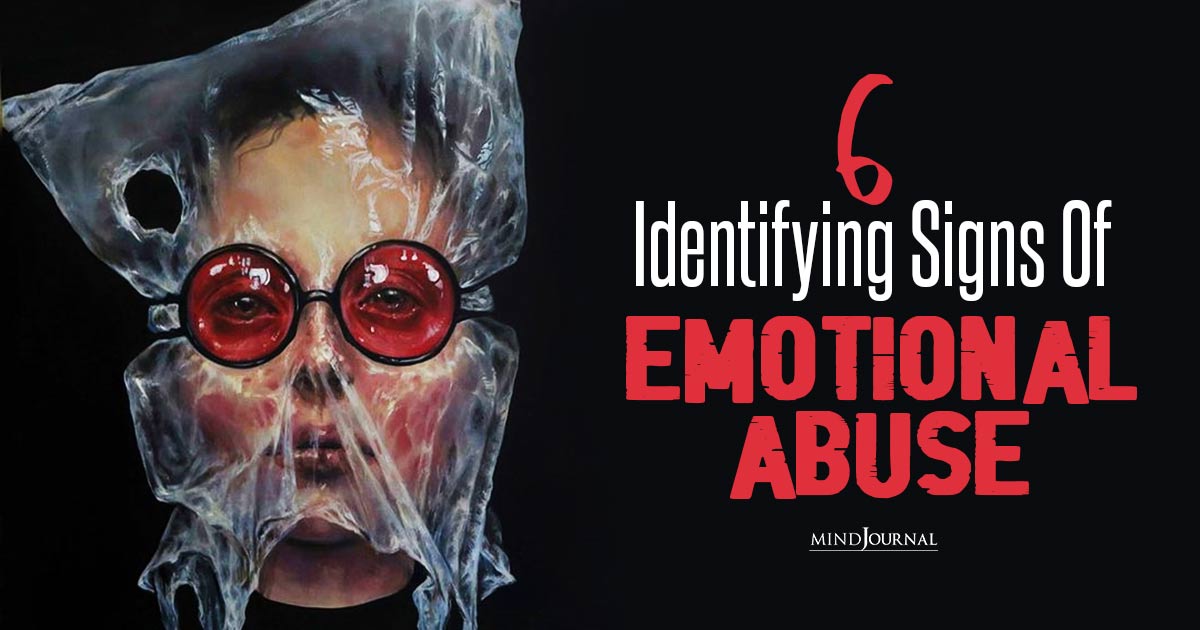Identifying emotional abuse before it happens is key to breaking the cycle. Don’t let toxic behaviors go unnoticed – take note of the six signs!
It takes courage to speak up about domestic violence, yet many suffer in silence. From the hairdresser whose husband nearly choked her to death, to the friend of a friend who endured years of threats from her boyfriend, millions of people live with this insidious danger every day.
That’s why I’m sharing my story because silence only perpetuates the violence. We need to talk, demand better and learn how to identify emotional abuse in a relationship.
I’m passionate about my bike, it’s my ultimate joy. But when I met a boy who shared my passion, I fell fast and hard. The problem was, I ignored the red flags, convinced that I could change him.
I lied to myself, my standards dropped lower, and my life became a living hell. But my bike, my loyal friend, refused to let me suffer in silence. It took a hard fall for me to wake up and see the truth.
I endured hospitalization, a wired jaw, and unimaginable trauma, but it was the emotional abuse that kept me away from him forever. Now, I know what love is not, and the abusive behaviors that go with it.
So how to identify emotional abuse in a relationship or any relationship, be it romantic or platonic?
Identifying Emotional Abuse Before It Happens
1. Regularly hanging out, right from the start
Intense togetherness can be a tricky sign of identifying emotional abuse, and here’s why. In our fast-paced world, we’re used to instant gratification in all aspects of life, including relationships. Hookup culture is the norm, and anything else seems old-fashioned.
Abusers, initially charming and complimentary, take advantage of this mindset. They make their partners believe that constant togetherness is necessary for sincerity. During this intense phase, they established a dependency where I relied on their opinions and habits to validate my worth as a partner.
They also pushed for significant commitments like moving in or sharing finances. The fast pace made it easy to go along, but it was all a ploy to control my actions and limit my options when the abuse began. I felt guilty whenever I expressed hesitation about the speed of things.
2. Creation of isolation.
If you’re wondering how to identify emotional abuse, well, most abusers thrive on maintaining power imbalances, often resorting to isolating their partners in various ways.
This includes threats of loneliness if you dare to leave, manipulating your perception of friends and family, and chastising you for seeking support.
When you try to leave them, they may try to manipulate and guilt-trip you into staying, claiming that you won’t find anyone better or that you’re making a huge mistake. They might play the victim and make you feel responsible for their well-being, trying to instill fear and doubt in your mind.
3. Extreme jealousy
At the beginning of our relationship, I mistook my partner’s jealousy for exclusivity, believing it was a sign of their strong feelings for me. However, I failed to recognize that this jealousy stemmed from deep-seated insecurity.
Over time, toxic habits became the norm, including intrusive behaviors like checking my phone daily, demanding details about encounters with other men, and controlling what I wore.
My partner would constantly invent stories about me cheating, leading to fits of rage over insignificant interactions from my past. In public, he would yell at me, assuming I was involved with someone based on minimal evidence.
Read : The Toxic Attraction Between An Empath And A Narcissist
4. Disregard your belongings, ambitions, and goals
Abusers disregard your property, aspirations, and values. They view you as an extension of themselves, ignoring your individuality and rights.
Boundaries become blurry in such relationships when the abuser accuses their partner of sneaking off to meet someone when they attend a meeting alone or using their partner’s car despite being asked not to.
Kind words about their partner’s career choices can turn cold when the relationship ends, and owed money is often disregarded.
5. Self-victimization
One of the signs of emotional abuse is that abusers often deny their abusive behavior by portraying themselves as victims. They attribute their actions to others and refuse to take responsibility.
Consequently, they consistently blame their exes, family members, and friends, while considering themselves faultless. In my experience, my abuser constantly blamed me during conflicts, refusing to apologize while expecting apologies from me.
Read: 5 Things A Narcissist Says To Make You Feel Crazy
6. Uninterested in self-help
Abusers prey on empathetic individuals and those with a savior complex. They manipulate their partners into believing they are the only ones who truly understand them, allowing their partners to try and “fix” them.
Towards the end of the relationship, abusers may use this dynamic as a threat to make their partners stay, claiming they should always be there for them. In my situation, I suggested anger management for my partner, offering to go with him and even pay for it.
However, he refused, revealing the distinction between someone genuinely seeking help and a true abuser who prefers to find a new victim.
This list is far from complete, merely scratching the surface of the intricate web and cycle of abuse. It becomes even more convoluted when intertwined with factors like substance abuse, family history, and mental illness – all present in my past relationship.
But let’s not dwell on that. I’m here to shed light on the telltale signs of emotional abuse, a topic often overlooked because it lacks the visible scars of physical abuse. Now, I won’t claim to be perfect or deny that I may have exhibited qualities that enabled the abuse at times.
Helping someone improve can be gratifying, but I’ve learned that uplifting must be mutual in any relationship. Anything less is a one-way ticket to self-worth destruction, depleting your own energy for others until there’s nothing left for yourself.
Emotional abuse can sneak up on you, disguised as love and adoration. But it’s a slow poison that can leave you doubting yourself and deplete your energy.
Don’t be fooled by fleeting good times; recognize the bad and leave. For me, cycling was the key to replacing those good feelings. Remember, if someone or something is bringing you down, flush it and wipe it away.
Read: 6 Signs You’re Arguing With A Psychopath












Leave a Reply